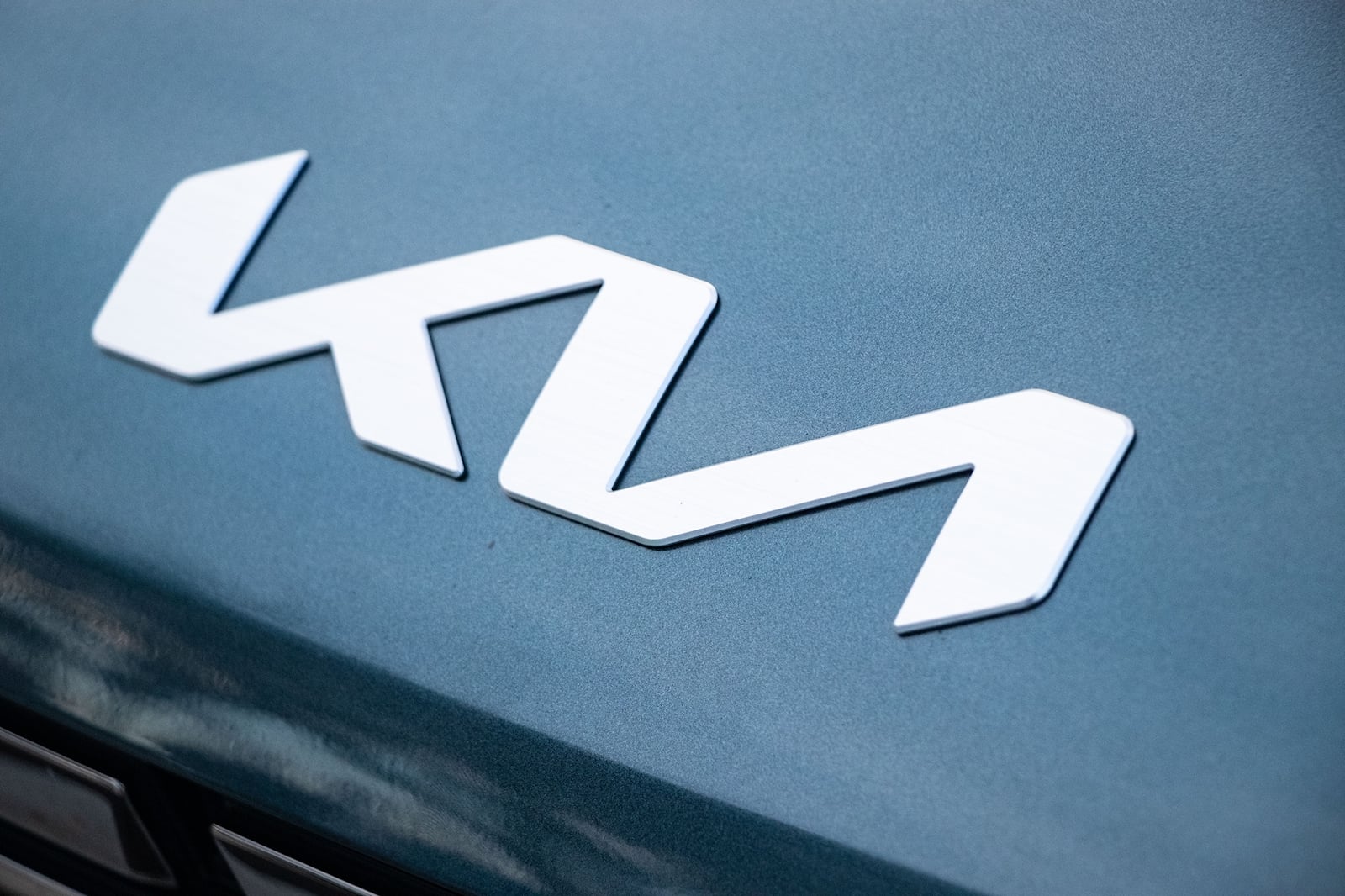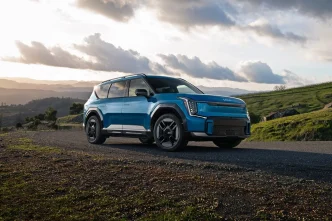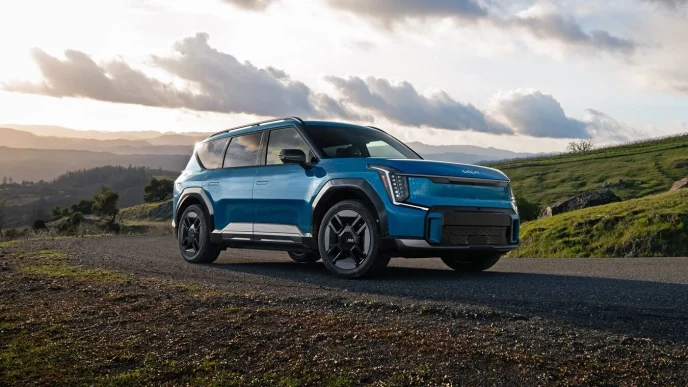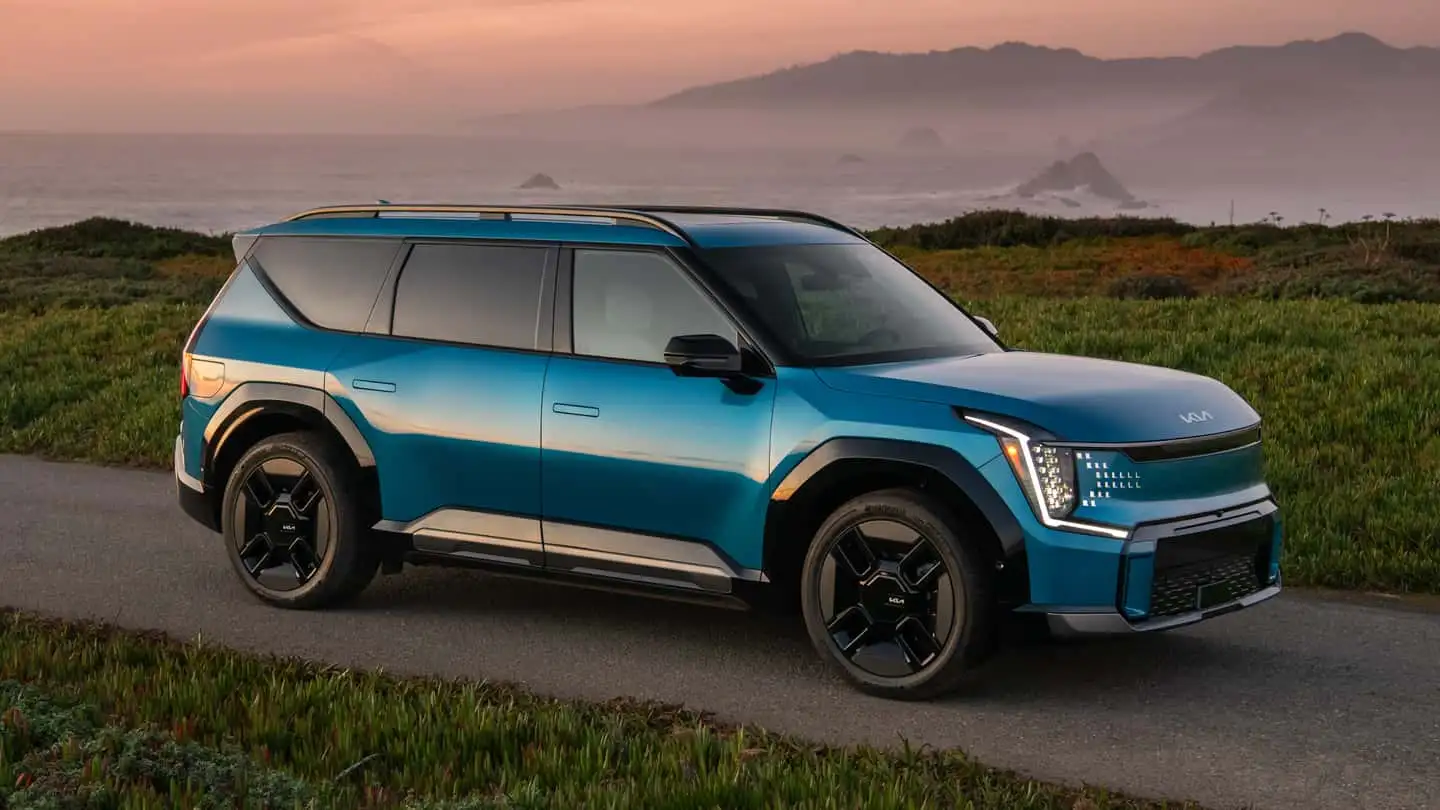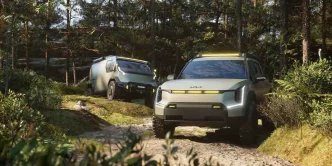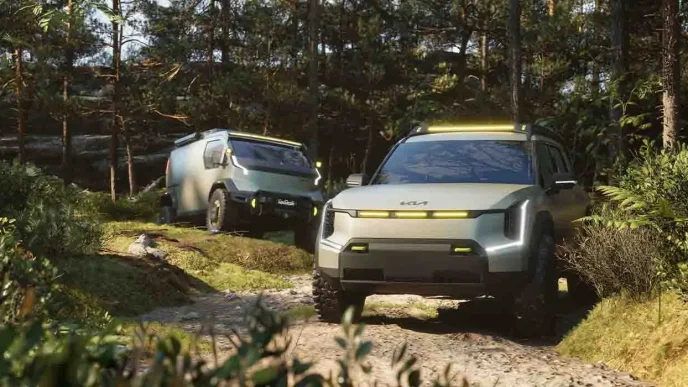Kia, a subsidiary of Hyundai Motor Group, is set to commence electric vehicle (EV) production at its Slovakian manufacturing plant by the end of this year, according to Marc Hedrich, president and CEO of Kia Europe.
In a LinkedIn post, Hedrich stated, “I had a very good meeting today with Slovakian Economy Minister (Madame) Denisa Sakova and State Secretary Vladimir Simonak. I had the opportunity to discuss challenges the automotive industry is facing and how Kia is going to overcome them through a massive investment in our plant in Zilina, where BEV (battery-powered electric vehicle) production is going to start in the next months.” While a specific production date has not been confirmed, Kia officials indicated that operations would begin soon.
In July, Kia injected 150 billion won (approximately $109.9 million) into its Zilina plant to establish EV production facilities. The facility will produce a new lineup of EVs, including the EV3, EV4, and EV5, as well as the Niro EV, a mid-sized SUV.
The Zilina plant serves as Kia’s sole strategic manufacturing base in Europe and has produced over 5 million units since commencing operations in 2006, manufacturing popular models such as the Sportage SUV, Ceed Hatchback, and XCeed Cross Utility Vehicle, with exports to key European markets including the UK, Germany, Sweden, and Spain.
With this renewed focus on EV production, industry experts believe Kia is positioning itself to address a recent sales slump in Europe, its second-largest global market. From January to August, Kia’s European sales fell 13% year-on-year to 45,147 units, while Hyundai’s sales dropped 25% to 35,461 units during the same period. Lee Ho-geun, a car engineering professor at Daeduk University, noted, “Kia will have some room to expand footing in the European market as the EU recently agreed to impose hefty tariffs on China-made EV imports.”
On October 4, the European Union voted to implement definitive tariffs of up to 45% on electric vehicles imported from China, which may cost Chinese automakers billions as they adapt to new pricing pressures in the EU’s 27 member states. These tariffs are scheduled to take effect for five years starting next month.
Additionally, Hyundai Motor is ramping up its EV production at its plant in Nosovice, Czech Republic, where it is manufacturing the second generation of the Kona Electric, a compact SUV that has gained popularity in Europe. The Casper Electric, a smaller electrified SUV, is also set to launch later this year.
During a visit to the Nosovice plant on September 19, Hyundai Motor Group Executive Chair Chung Euisun emphasized the company’s commitment to investing in quality and safety improvements, stating, “We will not hold back on investments to improve quality and safety. Despite the recent EV market shift, let’s continue strengthening our efforts toward innovation and sustainable growth.”

